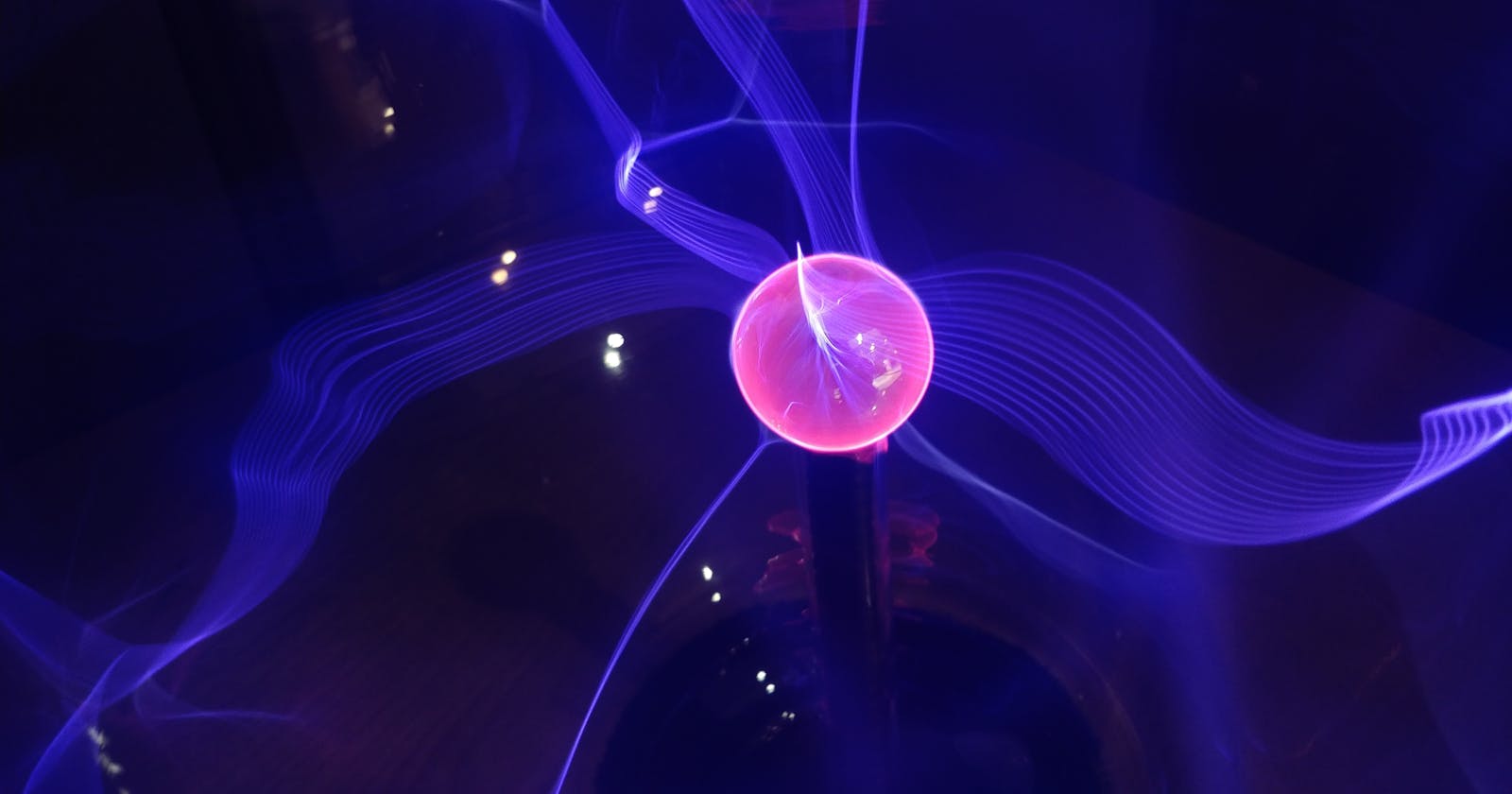Buckle up, folks! We're about to take a quantum leap into the fascinating world of quantum computing. And trust me, it's not your grandma's computing! We're talking about mind-bending concepts like superposition and entanglement that are set to revolutionize the way we process information.
First up, let's talk about superposition. In classical computing, a bit can only be in one of two states: 0 or 1. Yawn. But in quantum computing, a qubit can be in a superposition of both 0 and 1 at the same time! It's like the qubit is flipping a coin that's both heads and tails simultaneously, and it's just begging for you to scratch your head in confusion.
But hold on to your hats, because it gets even weirder. The power of superposition lies in the fact that we can manipulate qubits in such a way that the probabilities of different outcomes change. By applying certain operations to a qubit, we can change the weighting of the 0 and 1 states, which can be used to perform complex calculations more efficiently than classical computers. It's like you have a magic wand that can make the impossible, possible. Abracadabra!
Next up, we have entanglement. Imagine two qubits that are so close that they're like best friends. They're entangled. And when two qubits are entangled, their states become intertwined in such a way that the state of one qubit depends on the state of the other. It's like they're finishing each other's sentences! But when you measure one qubit, something bizarre happens. The other qubit immediately collapses into a state where the probability of measuring the same outcome is 100%. It's like they're always in sync, no matter the distance between them.
Now, let's talk about some real-world applications of quantum computing. In 2016, Google used a quantum computer to simulate the behavior of a molecule for the first time. The calculation would have taken a classical computer over 10,000 years to complete, but the quantum computer completed it in just a few days. It's like going from a bicycle to a rocket ship! Another exciting application of quantum computing is cryptography. Quantum computers are capable of breaking many of the cryptographic protocols used to secure online communication today. But don't worry, quantum computers can also be used to develop new, quantum-resistant cryptographic protocols that are much more secure than their classical counterparts.
In conclusion, superposition and entanglement are like the superheroes of quantum computing. They're the building blocks for some of the most powerful algorithms and applications that are set to transform fields like drug discovery, materials science, and machine learning. So, fasten your seatbelts and get ready for a quantum leap into the future!

